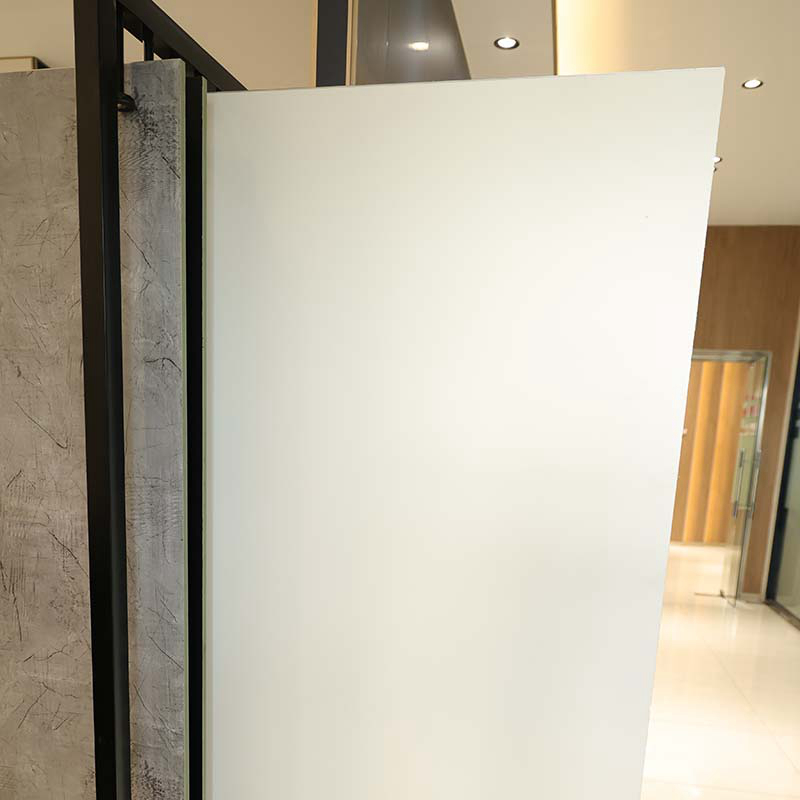Wood veneer sheets are often overlooked as a beautiful and versatile material in the world of interior design. These thin slices of wood, often no more than a millimeter thick, can add natural warmth and texture to any room. Veneer sheets are made by slicing a log or piece of wood into thin sheets, which are then glued onto a substrate or backing material, such as particleboard or plywood.
One of the main benefits of using wood veneer sheets is their flexibility. They can be bent and curved to fit almost any shape or contour, making them ideal for use on curved surfaces like columns, furniture, or cabinetry. This flexibility also makes veneer sheets a great choice for creating intricate patterns and designs, adding interest and depth to any space.
Another advantage of wood veneer sheets is their cost-effectiveness. They offer the look and feel of real wood without the high cost of solid wood. Veneer sheets also allow for more efficient use of natural resources, as one log can be sliced into many veneer sheets, reducing waste.
One popular use for wood veneer sheets is in furniture design. Veneer sheets can be used to create unique and striking finishes on tables, chairs, and cabinets. They can be stained or painted to match any decor, and their natural grain patterns add visual interest to any piece.

In addition to furniture, wood veneer sheets are also a popular choice for wall coverings. Their thin profile makes them easy to install and their natural texture adds warmth and character to any room. Veneer sheets can be used in a variety of patterns, from simple linear designs to more complex geometric patterns.
When it comes to maintenance, wood veneer sheets are also a great choice. They are easy to clean with a damp cloth and mild detergent, and can be polished with furniture wax for a beautiful, glossy finish.
In conclusion, wood veneer sheets are a versatile and cost-effective material that can add beauty and warmth to any interior design project. Their flexibility, durability, and natural texture make them an excellent choice for furniture, wall coverings, and more. So the next time you\’re looking to add a touch of natural beauty to your home or office, consider using wood veneer sheets. The possibilities are endless!
Previous: Beautifully Brighten Your Space with White Veneer Sheets
Next: Bamboo Kitchen Cabinets: Eco-Friendly and Stylish Storage Solutions

PVC building formwork
PVC building formwork is a type of reusable plastic formwork used in concrete construction. It is made of a lightweight, durable, and flexible material that is easy to handle and install. PVC formwork has become increasingly popular in the constructi...

PVC partition board (wbt520)
1. Product description PVC partition board, also known as foamed polyvinyl chloride board, has the characteristics of moisture resistance, heat preservation and corrosion resistance, light texture but high hardness, which is not easy to scratch and a...

Cabinet Sanitary Board
product description: The PVC bathroom cabinet is mainly made of polyvinyl chloride material and high-density double-skinned PVC board. It not only has excellent moisture-proof and waterproof performance, is not easy to deform, and has a variety of sh...

Carbon crystal plate (wbt660)
product description: What is the material of the carbon crystal plate? The carbon crystal plate is made of natural bamboo powder, calcium powder, new polymer composite material, carbon crystal powder and PVC powder. The raw materials do not contain f...